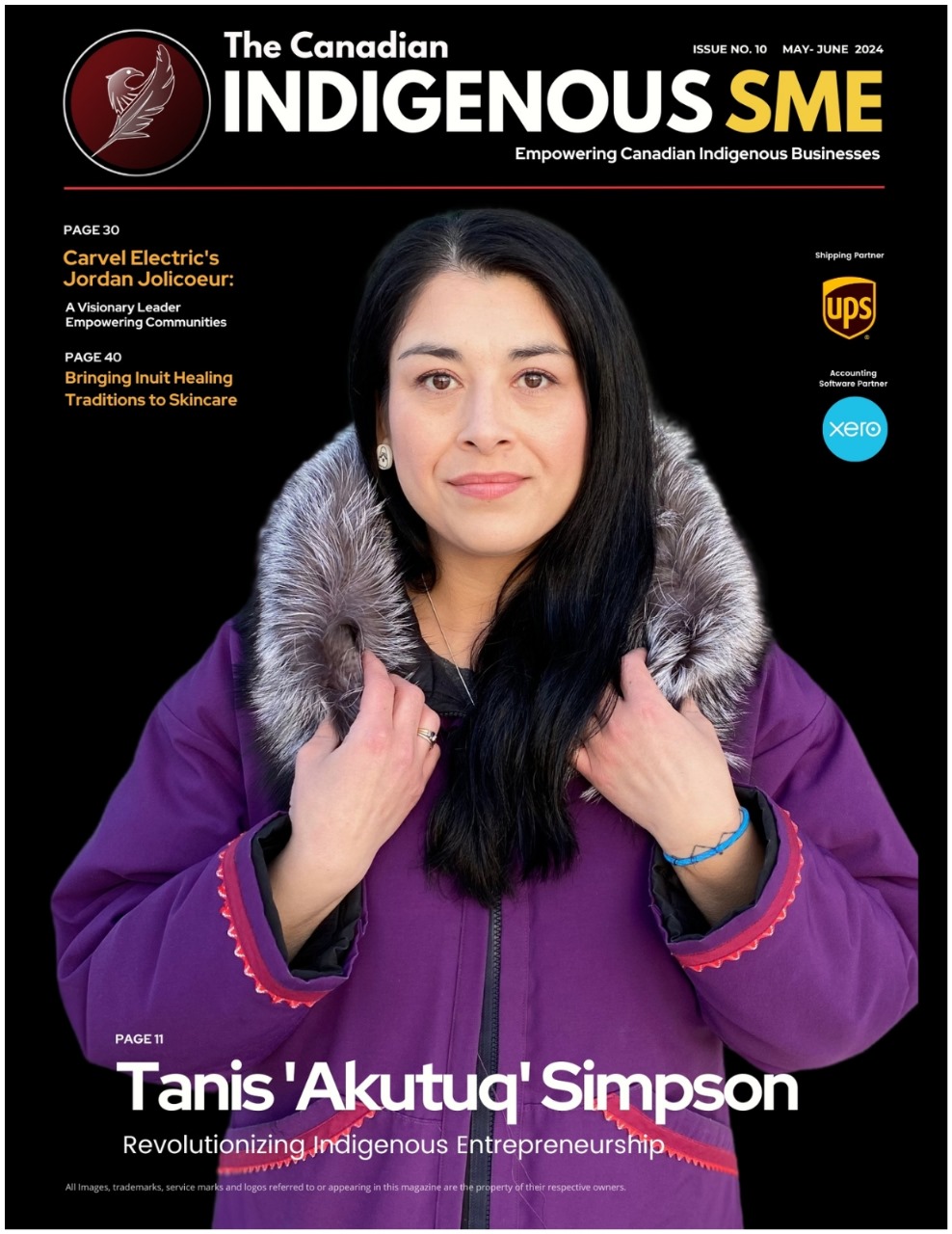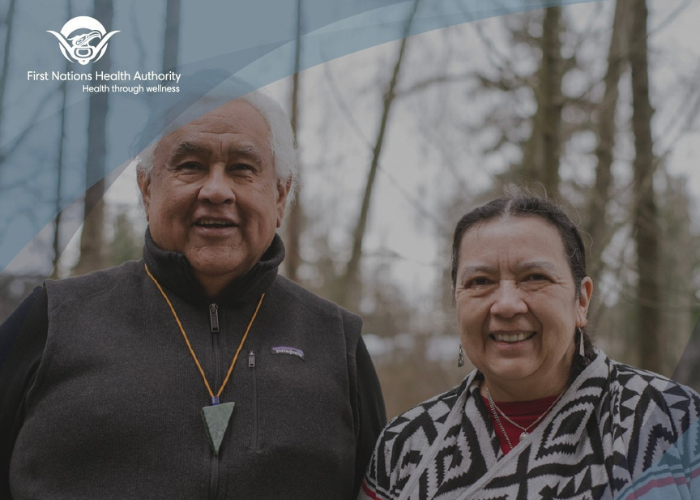In the rugged and diverse landscapes of British Columbia, where many First Nations communities are scattered across remote and often challenging terrain, access to health care has long been a complex issue. When it comes to filling up the gaps in First Nations people’s access to health care, the First Nations Health Authority (FNHA) has emerged as a beacon of hope by providing a range of virtual health care services. The FNHA’s dedication to cultural safety, humility, and trauma-informed treatment has shone brighter than ever as the COVID-19 pandemic has disrupted traditional health care institutions. This feature piece delves into the life-altering work of FNHA, focusing on the organization’s innovative virtual health services that are improving health outcomes in First Nations communities.
Maternity and Babies Advice Line
Support for mothers in remote areas, isolation and a lack of access to maternity and child health care are common challenges for expecting and new mothers in rural and isolated First Nations communities. The Maternity and Babies Advice Line, a partnership between the FNHA and the Rural Coordination Centre of BC, is a resource not just for expectant moms but also for their loved ones and medical professionals. This online resource removes physical locations as a limiting factor in promoting mother and newborn health.
Mental Health Counselling
It is crucial to address and challenge the various stigmas associated with mental health by providing support to First Nations communities. In doing so, we can create a more inclusive and supportive environment for everyone. . Due to complex, layered and intergenerational traumas, the issue of mental health is a significant concern within many First Nations communities. The FNHA addresses this issue by offering coverage for both virtual and in-person counselling sessions. This service prioritizes cultural sensitivity and provides a lifeline for individuals in need, promoting emotional well-being and psychological resilience.
Providing Telehealth Support
Telehealth (also called virtual care) uses live, interactive videoconferencing to connect patients with health care providers so care can be provided in the comfort of one’s own home. Travelling long distances for a doctor’s appointment can be challenging, particularly for individuals residing in remote areas. The Telehealth service offered by FNHA has revolutionized how appointments are conducted by introducing video conferencing, eliminating the need for patients to travel long distances. This innovation is increasing accessibility and convenience in health care.
First Nations Virtual Doctor of the Day
This program provides virtual primary care services seven days a week. Health issues do not follow a specific schedule, and the FNHA acknowledges this fact. The Virtual Doctor of the Day service offers medical advice, prescriptions, and referrals. The virtual health care service at FNHA has proven a reliable resource that communities can depend on.
Virtual Substance Use and Psychiatry Services
Addressing complex needs is a crucial aspect of providing adequate support and assistance. It is essential to recognize that individuals may have multiple interconnected needs requiring a comprehensive approach. The FNHA recognizes the significance of addressing addiction and complex mental health issues, which is why they provide specialized services in addiction medicine and psychiatry. This service provides support for both individuals and their families. To access it, a referral from a health care provider is necessary. This highlights the importance of collaboration between traditional and contemporary health care approaches.
A Trusted Health Partner for Over 200 Communities
The FNHA plays a crucial role as the health and wellness partner for over 200 diverse First Nations communities and citizens throughout British Columbia. Since assuming control of the programs and services previously provided by Health Canada in 2013, it has brought about a new era of health governance and delivery. The FNHA has been dedicated to addressing service gaps, implementing innovative health care systems, and reforming programs in order to provide improved services to individuals, families, communities, and Nations.
Leading Cultural Safety
The FNHA goes beyond being a health care provider and actively promotes culturally safe practices within the broader health care system. The FNHA actively collaborates with health partners to incorporate cultural safety and humility into their service delivery. This approach aims to enhance health outcomes for First Nations individuals by ensuring that care is not only accessible but also respectful and inclusive.
A Multifaceted Approach to Community Health
The community-based services provided by FNHA cover a wide range of health promotion and disease prevention areas. These include primary health care, children, youth, and maternal health, mental health and wellness, communicable disease control, environmental health and research, health benefits, e-health and telehealth, health and wellness planning, and health infrastructure and human resources. This comprehensive approach addresses the varied needs of First Nations communities.
Unparalleled Authority Based on a Specialized Organizational Setup
The First Nations Health Council provides political representation and lobbying. In contrast, the First Nations Health Directors Association provides technical assistance and capacity building within a unique health governance system that FNHA functions under. The FNHA is able to improve health care outcomes for BC’s First Nations via this cooperative strategy without supplanting the Ministry of Health or regional health authorities.
The First Nations Health Authority is dedicated to delivering health care services that are accessible, culturally sensitive, and technologically advanced. This commitment is not only transforming health care for First Nations communities in British Columbia but also serving as a remarkable model for health care organizations worldwide. FNHA’s virtual health services are crucial in improving health outcomes. By bridging gaps and bringing health care closer to those in need, they are facilitating a journey towards better health. You can learn more about their services and support programs at https://www.fnha.ca/what-we-do/ehealth.
The Indigenous SME Magazine is a valuable resource for small Indigenous businesses in Canada, including nascent and well-established Indigenous enterprises. To access our magazine, kindly go to the following website here. You can stay informed of up-to-the-minute news; please consider following our Twitter account at @IndigenousSme. We invite you to join our community, comprised of individuals passionate about the field of business.



